If you are like most people, you probably use a humidifier to help keep your home’s air moist. This is especially important during the winter months when the air is dry and can cause various health problems. But have you ever wondered if there is a specific type of water that you should be using in your humidifier? Some people say that you should only use reverse osmosis water in a humidifier, but is this really necessary? This post will explore the truth about using reverse osmosis water in humidifiers and help you decide what is best for your needs!
Why Does A Humidifier Need Water?
A humidifier is a device that helps to increase the humidity in a room. It does this by adding moisture to the air. The moisture can come from a variety of sources, but most commonly it is water. Water is necessary for a humidifier to function because it is the source of the moisture that will be added to the air. Without water, a humidifier would not be able to do its job.
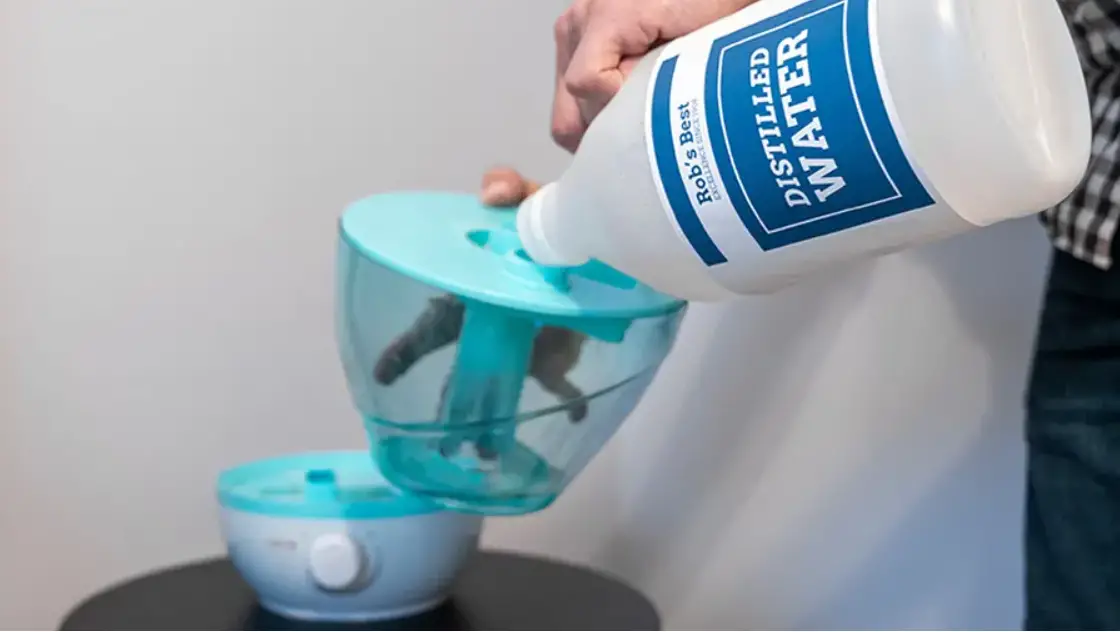
There are many different types of humidifiers on the market, and each type uses water differently. Some use distilled water, while others use tap water. The quality and content of the water you use in your humidifier can have an impact on how well the humidifier works and how long it lasts.
There are even some humidifiers that use reverse osmosis (RO) water. RO water is filtered water that has had all of its impurities removed. This includes things like minerals, chemicals, and bacteria. RO water is often used in aquariums and laboratories because it is so pure [1].
What Type of Water Does a Humidifier Need?
Water with No dissolved solids
Dissolved soils are any minerals, salts, metals, cations, or anions dissolved in water. These particles can come from a variety of sources, including agricultural and industrial runoff, sewage treatment plants, septic tanks, urban stormwater runoff, and even your own home’s plumbing.
If the water contains these soils, it can lead to serious damage to your humidifier. The soil will collect on the evaporator pad, which will reduce airflow and lead to microbial growth. In addition, these soils can be released into the air, causing respiratory problems.
Distilled water is the best kind for humidifier
This type of water can surely be used in your humidifier, but it can be expensive. Distilled water is water from which dissolved solids have been removed. This is done by boiling the water and then condensing the steam back into the water.
You can also use demineralized water, which has had the dissolved solids removed. This type of water is usually used in medical and scientific applications and can be found at most drug stores.
Using bottled water in a humidifier
Bottled water is another type of liquid that can be used in a humidifier. However, you need to make sure that the water does not contain any minerals. Bottled water that has been distilled or demineralized is ideal for use in a humidifier. This water is available at most grocery stores.
Using tap water in a humidifier
If you use tap water in your humidifier, you need to make sure that it is filtered. Tap water can contain dissolved solids, which can damage your humidifier. In addition, these particles can be released into the air, causing respiratory problems. To filter your tap water, you can use a reverse osmosis system or a water softener. These systems will remove the dissolved solids from the water, making it safe for use in your humidifier [2].
Using Reverse Osmosis Treated Water in Your Humidifier
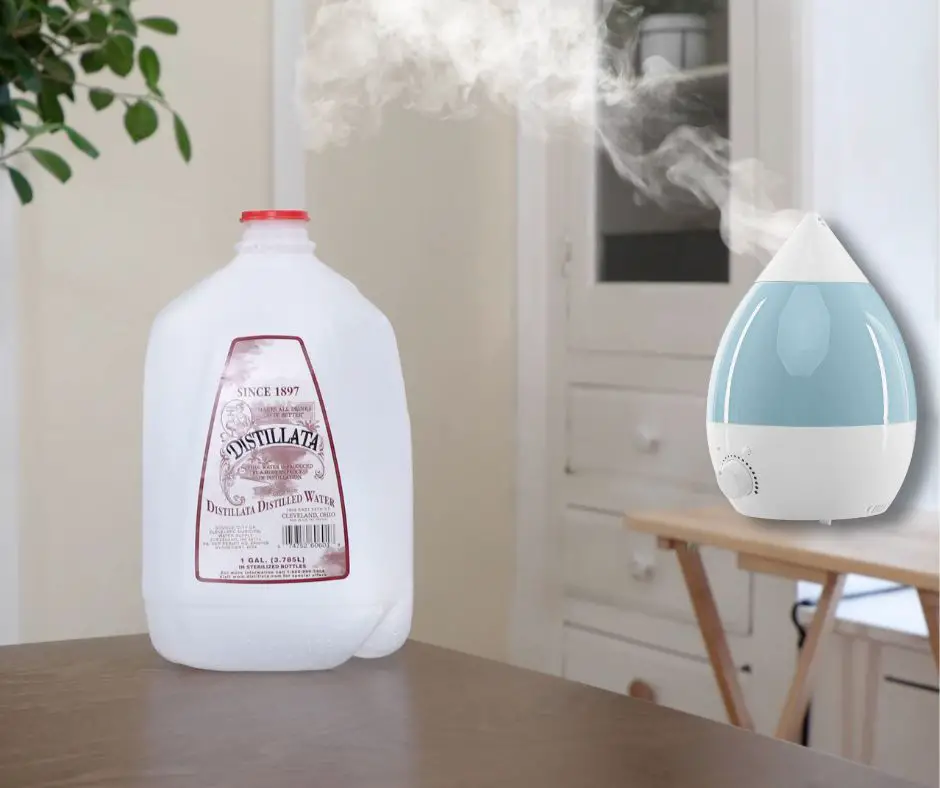
Benefits of using RO water in your humidifier
If you have a reverse osmosis (RO) system in your home, you may be wondering if you can use the water from your RO system in your humidifier. The answer is yes! Using RO water in your humidifier can provide some benefits. One benefit of using RO water in your humidifier is that it can help to extend the life of your humidifier. This is because RO water is free of minerals and other impurities that can build up on the components of your humidifier and cause it to wear out prematurely. Another benefit of using RO water in your humidifier is that it can help to improve the quality of the air in your home. This is because RO water is free of contaminants that can be released into the air when humidifiers are used with tap water [3].
Reverse osmosis water works fine in most humidifiers
There are a few things to keep in mind if you decide to use RO water in your humidifier. First, be sure to use distilled or deionized water in your RO system to avoid introducing minerals and other impurities into the water that you will be using in your humidifier. Second, you will need to replace the filter in your RO system more frequently than if you were using tap water. This is because the RO filter will remove more impurities from the water, including minerals that can clog the filter. Finally, you may need to clean your humidifier more often if you use RO water, as the lack of minerals in the water can cause deposits to build up on the components of your humidifier.
When not to use RO water in your humidifier
There are a few instances when you should not use RO water in your humidifier. If you have a steam humidifier, you should not use RO water as it can cause mineral deposits to build up on the heating element, which can damage the humidifier. Additionally, if you have an ultrasonic humidifier, you should not use RO water as it can cause the humidifier to produce less mist. Finally, if you have a wick humidifier, you should not use RO water as it can cause the wick to become overloaded with minerals and other impurities, which can reduce the performance of the humidifier.
Is RO water as good as distilled water?
The short answer is yes! RO water is just as good as distilled water when it comes to using it in your humidifier. This is because RO water is free of minerals and other impurities that can build up on the components of your humidifier and cause it to wear out prematurely. Additionally, RO water is free of contaminants that can be released into the air when humidifiers are used with tap water.
Should I use RO water or distilled water in my humidifier?
The choice of whether to use RO water or distilled water in your humidifier is a personal one. If you have an RO system in your home, you may want to use the water from your RO system in your humidifier to save money on buying distilled water. However, if you do not have an RO system, you may want to use distilled water in your humidifier to ensure that the water is as pure as possible.
How To Descale A Humidifier?
The humidifiers need the right maintenance to work well and last long. Otherwise, they might get damaged or become less effective. You will need to descale your humidifier from time to time, depending on the water hardness in your area. If you have a lot of minerals in your water, then you might need to descale your humidifier more often. The good news is that descaling a humidifier is not difficult, and you can do it yourself at home.
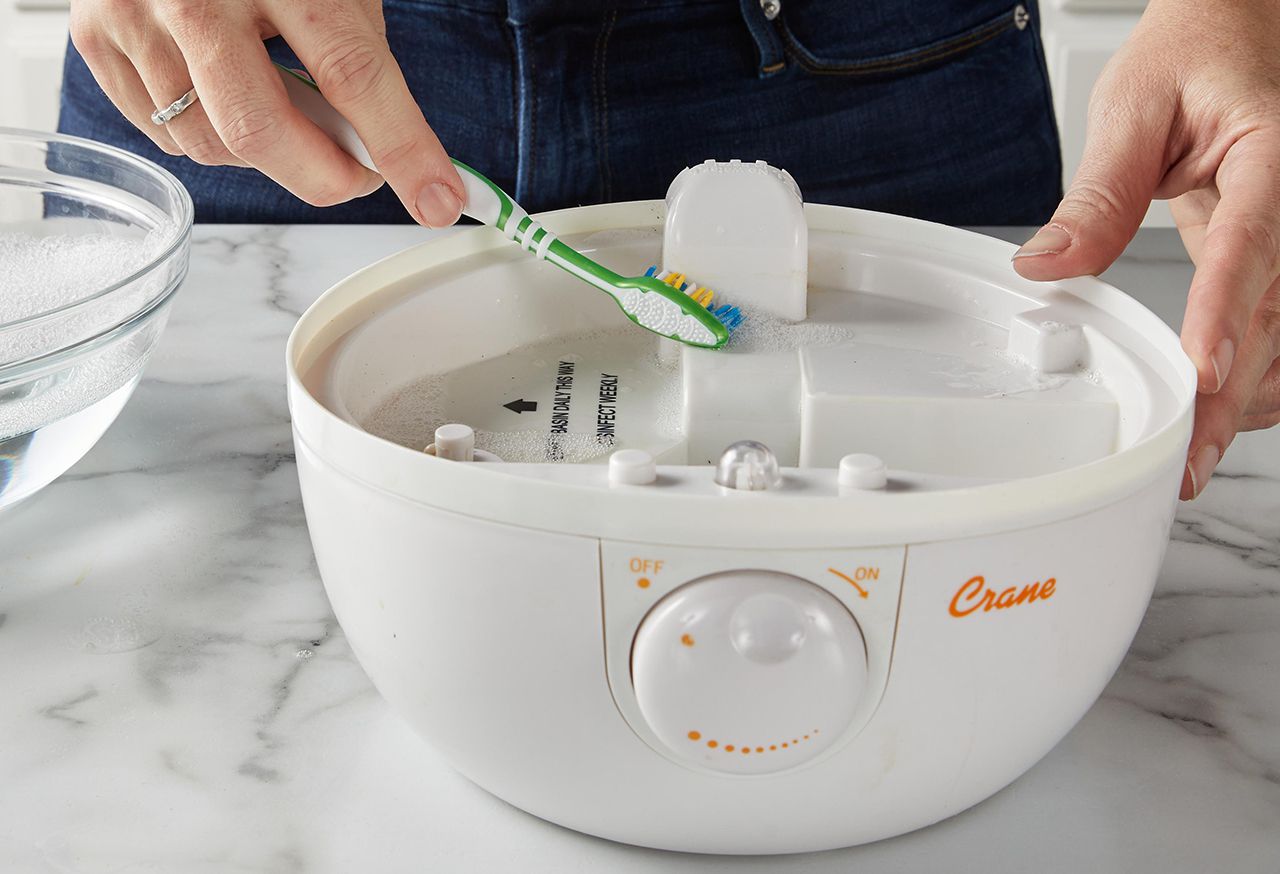
There are two methods that you can use to descale your humidifier. You can either use a commercial descaling solution or white vinegar. If you want to use a commercial solution, then you can follow the instructions on the package. However, if you want to use white vinegar, then you can follow the steps below:
- Fill up your humidifier with equal parts water and white vinegar.
- Let the solution sit in the humidifier for at least an hour.
- Drain the solution from the humidifier and rinse it out with clean water.
- Fill up the humidifier with clean water and run it for a few minutes to make sure that all the vinegar is gone.
You should descale your humidifier every few months to keep it in good condition. If you don’t, then the mineral deposits can build up and damage the humidifier [4].
Monitoring Humidity Levels
The first step in using a humidifier is to monitor the humidity levels in your home. This can be done with a hygrometer, which is a device that measures the amount of water vapor present in the air. The hygrometer will tell you the current humidity level so that you can determine whether or not your home needs more moisture.
You should aim for a relative humidity (RH) level between 30 and 50 percent. If the RH in your home is below 30 percent, it’s too dry and you should consider using a humidifier. If the RH is above 50 percent, it’s too moist and you may need to use a dehumidifier instead [5].
Reverse Osmosis Systems: How do they work?
Reverse osmosis (RO) systems are designed to remove impurities from water. They work by forcing water through a semipermeable membrane, which allows water molecules to pass through but traps contaminants. RO systems are often used in homes with private wells because they can remove bacteria, viruses, and other contaminants from the water.
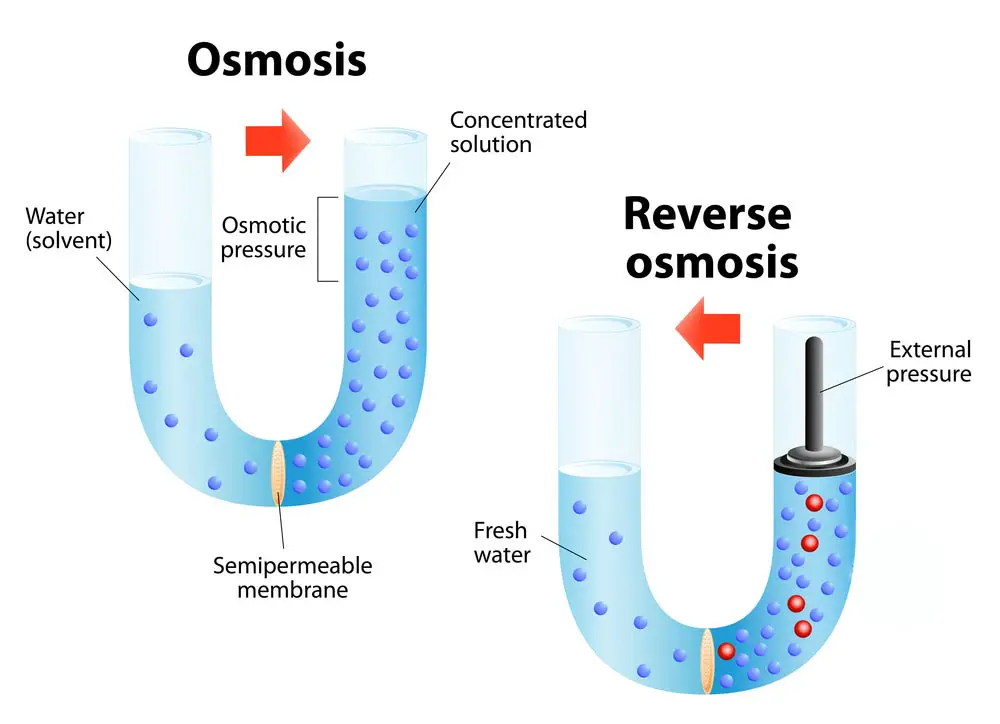
Reverse osmosis works by using pressure to force water through a semipermeable membrane. The water molecules are small enough to pass through the pores in the membrane, but the contaminants are too large to fit through. This process removes impurities from the water and leaves behind clean, filtered water.
These devices are made up of a few different parts, including:
- A pre-filter: This filter removes larger impurities from the water before it enters the RO system.
- A semi-permeable membrane: This is the heart of the RO system and is responsible for removing contaminants from the water.
- A post-filter: This filter catches any contaminants that may have passed through the semipermeable membrane.
Reverse osmosis systems are very effective at removing impurities from water. However, they also remove minerals like calcium and magnesium, which can be beneficial to your health. This is why reverse osmosis water is often used in humidifiers. The lack of minerals makes it easier for the humidifier to add moisture to the air without leaving behind any white dust.
Comparison of Using Reverse Osmosis Water and Tap Water in a Humidifier
Many people wonder if it’s safe and effective to use reverse osmosis water in a humidifier. Below is a comparison of using reverse osmosis water and tap water in a humidifier, helping you make an informed decision about the water source for your humidification needs.
| Aspect | Reverse Osmosis Water | Tap Water | Advantages | Considerations |
|---|---|---|---|---|
| Mineral Content | Low mineral content due to the filtration process, reducing the risk of mineral buildup in the humidifier. | Higher mineral content in tap water, which can lead to mineral deposits in the humidifier over time. | Minimizes the need for frequent cleaning and maintenance, prolonging the life of the humidifier. | Using tap water may require more frequent cleaning to prevent mineral buildup and potential issues. |
| Purity | High water purity, free from impurities and contaminants often found in tap water. | May contain impurities, chlorine, and additives that can affect the quality of the humidified air. | Ensures clean and pure moisture output, contributing to better indoor air quality. | Using tap water may introduce impurities and odors into the air, potentially impacting respiratory health. |
| Health and Allergies | Reduces the risk of introducing allergens and irritants into the air, making it suitable for allergy sufferers. | Tap water may contain allergens or chemicals that can exacerbate allergies and respiratory conditions. | Promotes healthier air quality, especially for those with allergies or asthma. | Using tap water with a humidifier may require additional filtration or water treatment to reduce potential irritants. |
| Humidifier Maintenance | Reduces the need for frequent cleaning and maintenance, as it produces cleaner moisture with fewer contaminants. | May lead to more frequent cleaning and maintenance due to mineral buildup and potential mold growth. | Extends the lifespan of the humidifier and ensures efficient, trouble-free operation with minimal maintenance. | Regular cleaning is still necessary for optimal performance, regardless of the water source used. |
| Cost | May require an initial investment in a reverse osmosis system, but running costs are relatively low. | No additional costs for water source, but may incur increased maintenance costs for the humidifier. | Over time, the cost of a reverse osmosis system may be offset by reduced maintenance costs and a longer humidifier lifespan. | Tap water is readily available, but using it may require investing in water treatment solutions to reduce potential issues. |
Explanation of the table:
- The table provides a comparison of using reverse osmosis water and tap water in a humidifier, addressing aspects such as mineral content, water purity, impact on health and allergies, humidifier maintenance, and cost.
- Each aspect is described, highlighting the advantages and considerations associated with using reverse osmosis water or tap water for your humidification needs.
FAQ
Can I use reverse osmosis water instead of distilled water?
Reverse osmosis (RO) water is not the same as distilled water. Distilled water has been boiled and all impurities have been removed. RO water has had impurities removed, but not by boiling. The process of reverse osmosis removes impurities by forcing water through a semipermeable membrane.
You can use RO water in your humidifier, however, RO water does not have the same level of purity as distilled water. Distilled water has been boiled and all impurities have been removed. RO water has had impurities removed, but not by boiling.
What are the benefits of using RO water?
There are a few benefits to using RO water in your humidifier. RO water is free of minerals and chemicals, which means it will not leave any deposits on your furniture or flooring. Additionally, RO water will not add any extra ions to the air, which can help to reduce static electricity.
Should I use RO water or distilled water in my humidifier?
The choice of whether to use RO water or distilled water in your humidifier is up to you. If you are looking for the highest level of purity, then distilled water is the way to go. However, if you are on a budget, RO water can be a good alternative. Just remember that RO water is not as pure as distilled water and it may contain bacteria if you do not have a good quality RO system.
Is it OK to use reverse osmosis water in my CPAP?
Yes, you can use RO water in your CPAP machine. Many people who have CPAP machines use RO water because it is free of minerals and chemicals. Just be sure to change the filters in your RO system regularly to keep bacteria from growing in the water.
Can I use reverse osmosis water for my plants?
Reverse osmosis water is not recommended for plants because it does not have the necessary nutrients that plants need to grow. Additionally, RO water can be very acidic, which can damage plant roots. If you want to use RO water for your plants, you should mix it with regular tap water in a 50/50 ratio.
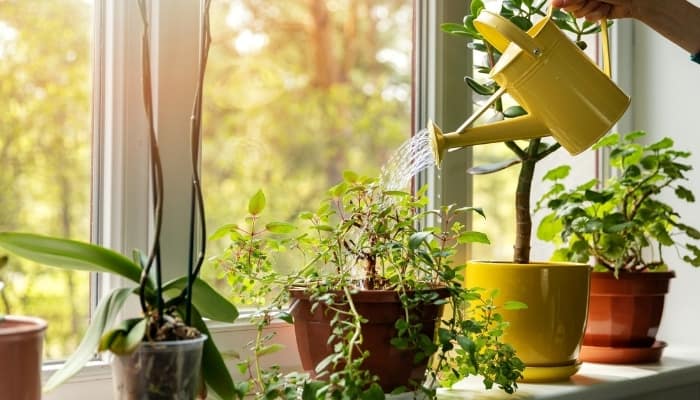
What happens if you don’t use distilled water in the humidifier?
If you use water that is not distilled in your humidifier, you run the risk of adding impurities to the air. These impurities can include minerals, bacteria, and chemicals. Additionally, if you do not use distilled water, you may notice that your humidifier does not work as well or that it leaves deposits on your furniture.
What happens if you put purified water in a humidifier?
If you use purified water in your humidifier, you will not notice any difference in the performance of your humidifier. However, if you have a very high-quality RO system, the water may be too pure and could damage your humidifier. It is always best to check with the manufacturer of your humidifier before using purified water.
Can I use bottled water in my humidifier?
Yes, you can use bottled water in your humidifier. Just be sure to check the label to make sure that the water is distilled or purified. You should also avoid using mineral water, as it can leave deposits in your humidifier.
Can I use tap water in my humidifier?
You can use tap water, however, it is not recommended. Tap water can contain impurities that can be released into the air when the water is vaporized. These impurities can include minerals, bacteria, and chemicals. But if you use purified water in your humidifier, you will not notice any difference in the performance of your humidifier.
How do I make distilled water for my humidifier?
To make distilled water, you will need to boil water in a pot. Once the water comes to a boil, turn off the heat and let the water cool. Once the water has cooled, pour it into a clean container and use it in your humidifier.
How often should I change the water in my humidifier?
It is generally recommended that you change the water in your humidifier every 1-2 weeks. However, if you live in an area with hard water, you may need to change the water more often. Additionally, if you notice that your humidifier is not working as well or if it is leaving deposits on your furniture, you should change the water.
Is it safe to use reverse osmosis water in a humidifier?
Yes, you can use reverse osmosis (RO) water in a humidifier. RO water is purified and lacks many impurities found in tap water, making it a suitable choice for maintaining your humidifier’s performance. However, it’s important to monitor for mineral buildup and clean the humidifier regularly.
Are there any specific advantages to using reverse osmosis water in a humidifier?
Using RO water in a humidifier offers the advantage of providing a high-quality, pure water source that reduces the risk of mineral deposits and white dust. This can lead to easier maintenance and a cleaner humidifier.
Do I need to worry about mineral buildup or white dust when using RO water in a humidifier?
Using RO water in a humidifier helps minimize mineral buildup and white dust, but it may not eliminate them entirely. It’s still essential to clean the humidifier as recommended by the manufacturer to maintain optimal performance.
Can I mix RO water with tap water in my humidifier if I don’t have enough RO water available?
Yes, you can mix RO water with tap water in your humidifier if you don’t have sufficient RO water on hand. This can help reduce the mineral content of the water used in the humidifier and lower the risk of mineral buildup.
Are there any disadvantages to using RO water in a humidifier?
The primary disadvantage of using RO water in a humidifier is the cost, as RO systems can be more expensive than using tap water. However, the benefits of reduced mineral buildup and improved air quality often outweigh the cost for many users.
Is there a need for special maintenance when using reverse osmosis water in a humidifier?
While using RO water in a humidifier can reduce mineral buildup, regular maintenance is still required. Clean the humidifier’s components as recommended in the user manual, and monitor for any signs of mold or bacteria growth to ensure safe and effective operation.
Useful Video: Should I Use Reverse Osmosis Water in a Humidifier
Conclusion
Reverse Osmosis Water for humidifiers is widely used and perfectly safe for your health. There is no need to worry about the mineral content in the water as it will not have any effect on your health. The only thing you need to be careful about is using a good quality filter to remove any impurities from the water. Additionally, make sure to change the filter regularly to ensure that the water is clean and free of any contaminants.
References
- https://www.healthline.com/health/how-to-use-a-humidifier
- https://hvactrainingshop.com/what-type-of-water-do-you-use-in-a-humidifier/
- https://purewaterblog.com/should-i-use-reverse-osmosis-water-in-a-humidifier
- https://www.hgtv.com/lifestyle/clean-and-organize/how-to-clean-a-humidifier
- https://deljoheating.com/blog/how-to-find-the-right-humidity-level-in-your-home/





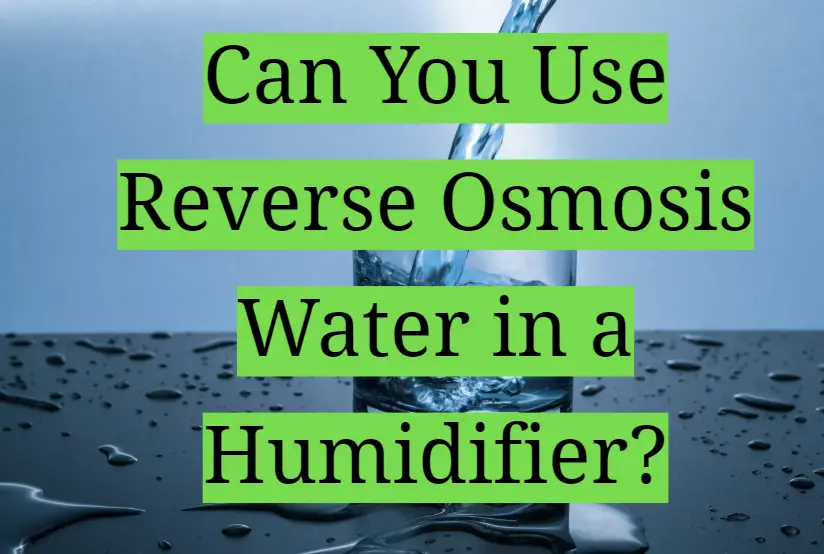




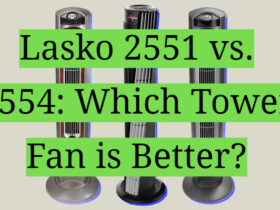



Leave a Reply